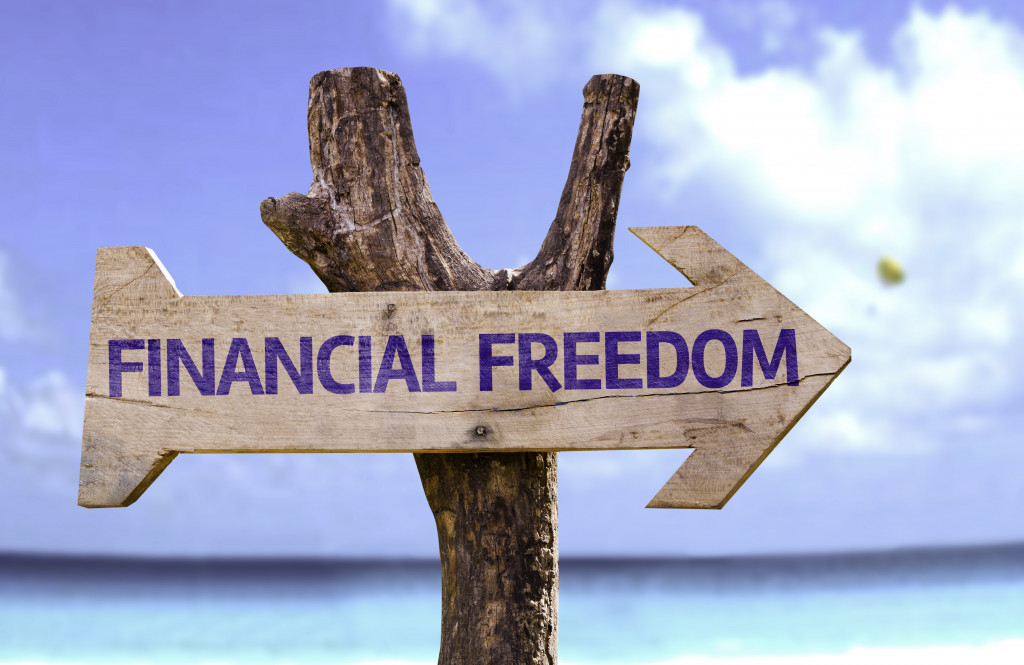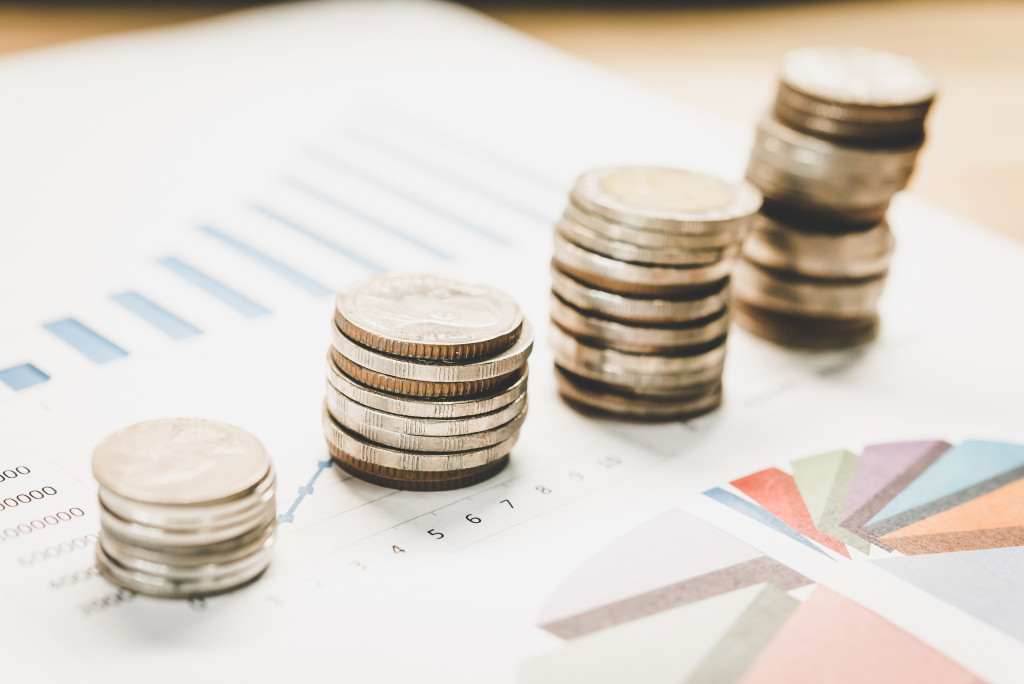Being a young professional in the modern business world can be challenging. You’re constantly bombarded with ads and commercials telling you that you must spend money to be happy and prosperous. That’s why it can be difficult to save money, especially when it feels like everyone around you is spending lavishly.
But what if you discovered that achieving financial freedom isn’t as out of your reach as it seems? You can get there with the right tips and hard work. So, here’s a beginner’s guide on achieving financial freedom to help you out!
What is Financial Freedom?
In simple terms, financial freedom is the ability to live without worrying about money. This doesn’t mean that you have unlimited amounts of cash to spend freely — it just means that you have enough money to cover your basic needs and live a comfortable life without stressing about your finances.
You can take several steps to achieve financial freedom, but saving money is the most important. You need to ensure that you’re putting away enough money each month to cover your expenses and have some left to save. And the best way to do this is to create a savings account and make regular deposits.
For this, creating an online banking account might be wiser and more accessible. After all, digital banking is the new norm. With this app, you can quickly transfer money from your paycheck into your savings account and even set up automatic transfers so that you don’t have to think about it.
How Much Should You Save?
There’s no magic number when it comes to saving money, as everyone’s financial situation is different. However, experts generally recommend saving at least 10% of your income. So, if you’re earning $3,000 a month, you should aim to put at least $300 into your savings account.
Of course, this is just a general guideline — you can save more or less depending on your circumstances. If you have a lot of debt, you might want to focus on paying that off first before you start saving. But no matter what, it’s essential to start somewhere. Even if you can only afford to save 5% of your income, that’s still better than nothing.
Should You Consider Investing?
You must know that saving isn’t the only way to achieve financial freedom; you could also put your savings into investments that will grow over time, such as stocks, bonds, and mutual funds. Investing may seem risky, but it can be gratifying if you do it right.
Of course, you don’t have to invest if you don’t want to — saving is still a valid way to achieve financial freedom. But if you’re interested in taking on a little more risk to potentially earn more money, you should consider investing. After all, the more money you have, the easier it will be to achieve financial freedom.
Tips for Staying on Track with Your Financial Goals
Knowing the basics won’t be enough to achieve financial freedom; you must also be disciplined enough to stick to your savings plan. So, here are a few tips to help you stay on track:
Tip #1 Make a budget and stick to it
One of the best ways to ensure you’re saving enough money is to make a budget and stick to it. Determine how much you need to spend each month on essentials like food, housing, and transportation, and then make sure you don’t spend any more than that. Setting aside money each month for unexpected expenses, like car repairs or medical bills, is also a good idea.
Tip #2 Cut down on unnecessary expenses
To save more money, you need to be mindful of your spending. Take a close look at your budget and see where you can cut back. Maybe you can spend less on entertainment or eating out, or you could switch to a cheaper cell phone plan. Every bit helps, so don’t be afraid to make some changes.
Tip #3 Track your progress
It can be helpful to track your progress so that you can see how well you’re doing. Every month, check your savings account balance and see how closer you are to your goal. This will help keep you motivated and on track since you’ll be able to see your progress over time.
No matter what route you decide to take, remember that it takes time to achieve financial freedom. You cannot reach it overnight; getting there takes years of disciplined saving and spending. But if you’re patient and stick to your plan, you’ll eventually reach your goal. And once you do, it will all be worth it.

